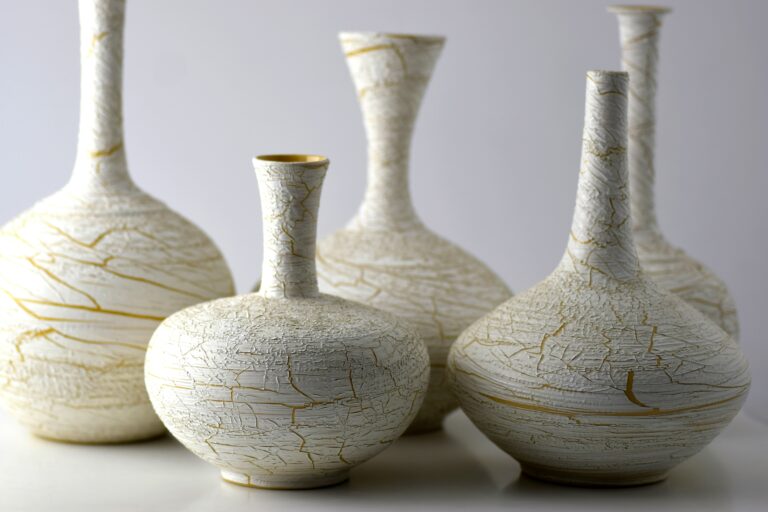
Perfection has become the default aspiration of our era – flawless skin, perfect homes, and curated Instagram feeds, imperfection often feels like a flaw to be hidden. But there is another way of seeing—the Japanese philosophy of wabi-sabi, which finds beauty not in perfection, but in authenticity, simplicity, and the quiet passage of time.
What Is Wabi-Sabi?
At its heart, wabi-sabi is the art of embracing impermanence and imperfection. It celebrates the crack in the pottery, the weathered wood, the uneven edges. Wabi means understated simplicity; sabi, the graceful beauty of aging. Together, they remind us that nothing lasts, nothing is perfect, and nothing is ever finished—and that is where true beauty lies.
Why It Matters Today
We live in a culture of airbrushed lives and fast consumption. Everything is polished, upgraded, replaced. Wabi-sabi offers an antidote: it encourages us to pause, breathe, and appreciate what’s real. A chipped teacup becomes more meaningful than a new one, because it tells a story. A wrinkle isn’t a flaw; it’s the map of a life well-lived.
Wabi-Sabi in Daily Life
You don’t need to move to a Japanese tea house to live wabi-sabi. Small shifts can bring the philosophy into modern life:
At Home: Choose handmade ceramics over factory-perfect ones. Let natural textures—linen, wood, stone—speak instead of high-gloss finishes.
In Relationships: Accept people for who they are instead of wishing them “better.” True connection lives in honesty, not perfection.
In Self-Care: Rather than chasing flawlessness, nurture what you have. Celebrate the stretch marks, the scars, the signs of growth.
In Creativity: Allow yourself to create without waiting for perfection. Progress is more elegant than paralysis.
The Quiet Gift of Wabi-Sabi
At its core, wabi-sabi isn’t about objects or style—it’s about mindset. It’s the courage to slow down in a fast-moving world, to value authenticity over appearance, to see beauty in the fleeting. When we stop fighting imperfection, we find not just peace—but elegance in its purest form.
Wabi-sabi teaches us that imperfection is not the opposite of beauty—it is beauty. In embracing the cracks, the wrinkles, and the unfinished edges, we learn to live more gracefully in the world as it truly is.
